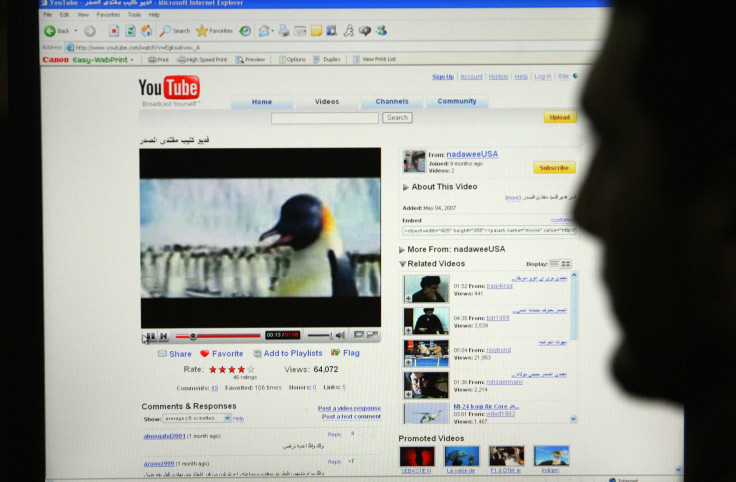Why Did Egypt Ban YouTube For A Month?

Egypt’s highest administrative court ordered authorities to ban YouTube for a month Saturday, following a 2012 anti-Islamic video on the self-broadcasting platform that denigrated Prophet Muhammad.
The decision came as part of a verdict, pending for the last five years, after a case was filed against YouTube in 2013. The lawsuit was filed after the online video streaming site allowed a short film called “Innocence of Muslims,” which showed Prophet Muhammad as a buffoon and a pedophile, the Guardian reported.
Apart from YouTube, all the online links through which Egyptian people can view the video in question, were ordered to be blocked as well.
The controversial film triggered a wave of anti-American protests in the Middle East, resulting in the deaths of more than 30 people. Protesters filed a case against YouTube, calling for a ban – a case that has hung in limbo for the last five years due to repeated appeals.
Egypt’s National Telecommunications Regulatory Authority (NTRA) was the first to appeal against the verdict given in the case after a lower court ordered the video-sharing site to be blocked.
Prosecuting lawyer Mohamed Hamed, who had filed the lawsuit, said that the NTRA will not be able to stop the verdict this time as the “ruling is final, unappealable and enforceable.”
“The ruling is a punishment for YouTube website that will cost it massive economic losses," he added, Khaleej Times reported. “The NTRA is responsible for implementing the ban and there is no technical difficulty to do so. I will file a lawsuit against the NTRA chief if the ban is not implemented.”
It is not clear from when the ban is scheduled to go into effect.
In order to be sensitive to the violent demonstrations that erupted in various parts of Egypt, following the anti-Islamic video, as well as to uphold the rights of citizen and media to express themselves, the White House chose to walk a middle path at the time.
Governmental official clarified that the video was privately funded and produced in California, with no official backing. They also tried to request Google to pull the low-budget movie from YouTube, a request that went unheeded.
"We've restricted access to it in countries where it is illegal such as India and Indonesia, as well as in Libya and Egypt, given the very sensitive situations in these two countries," Google's simply said in a statement at the time. "This approach is entirely consistent with principles we first laid out in 2007."
According to Engadget, the ruling might not have the same effect as it could have had back in 2013. Although the verdict is final and cannot be appealed or overturned, it has been reduced to almost a symbolic punishment at this point, rather than a bid to make YouTube change its ways.
YouTube itself has amended its ways, revising its policy multiple times to be stricter in vetting out offensive or inappropriate content. For example, between October and December 2017, YouTube removed 8.3 million videos, according to the platform's community guidelines enforcement report.
The company said that it was releasing the quarterly enforcement report in order to "show the progress [it's] making in removing violative content from [its] platform,” after facing considerable criticism from users about the type of content masquerading as kid-friendly on its website.
© Copyright IBTimes 2024. All rights reserved.






















